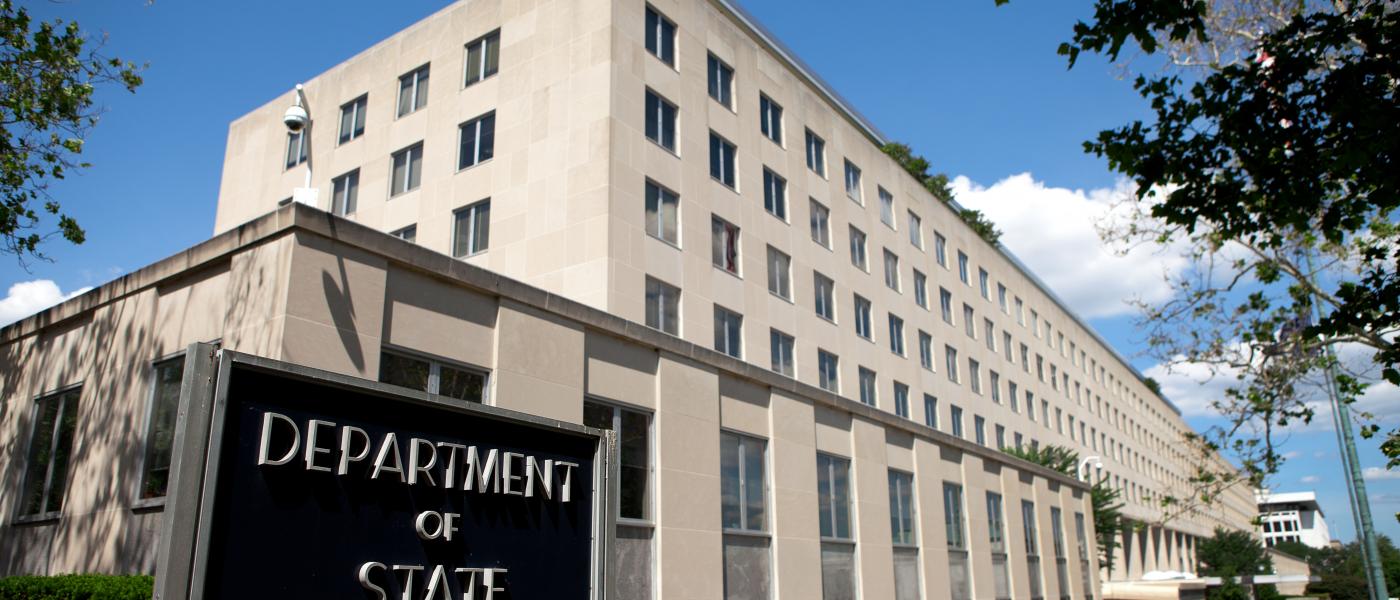An open position in China is an opportunity to show U.S. diversity.
At a critical time in U.S.-China relations, one of the most important roles is vacant. U.S. Ambassador to China Terry Branstad stepped down from his post last October, and, amid the chaos of the coronavirus and the Trump administration, the role remains unfilled. Leaving an ambassador post open, particularly at this moment, harms the United States’ ability to compete. The opening in Beijing provides an opportunity for the incoming Biden administration to reflect on how a diverse foreign service ambassadorial corps is better suited to defend against China and other adversaries that continually stoke racial and social tensions in the United States.
The goal of President-elect Joe Biden’s new administration should be to foster a foreign service that embraces diversity, thus allowing ambassadors who are Black or come from other marginalized communities to serve in the capitals of America’s greatest authoritarian adversaries. A Black ambassador for Beijing would be a good start given the foreign service’s history of appointing ambassadors to countries or continents of their ancestral origins. For example, in the 2000s 36 U.S. ambassadors to missions in Africa were Black, whereas only three were selected to serve in Europe.


